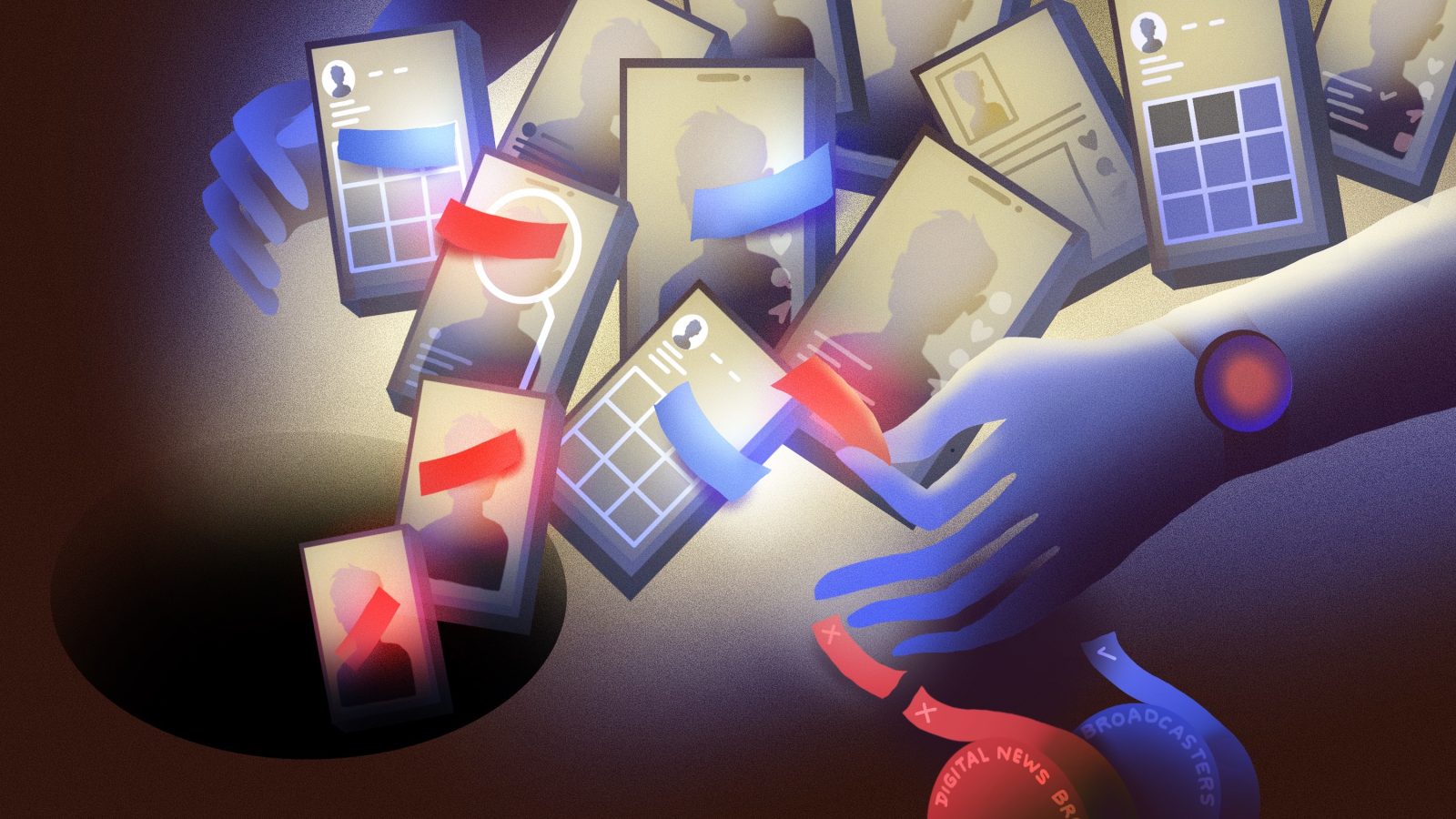We’re all influencers. Some of us just have an audience size of zero. Not that I like influencers or the whole industry, but I don’t know what the difference is between any attractive/charismatic/creative online person and an influencer.
brought to you by Carl’s Jr.
I thought the answer was money. If you are paid to push a product you are an influencer / advertiser. At least that’s how I understood the term. This article is really about digital broadcasters and is not just about assuring tax collection which is what I had assumed this was about (and that’s actually reasonable). This is about content control which just sounds completely awful.
brought to you by Beano
Of we won’t pay you now. But how about these generous gifts
Isn’t that the problem? We haven’t known where to draw the line, and so a lot of unregulated and uninhibited activity is taking place in this way. This is a very strong route to push disguised advertising and propaganda.
I don’t hate it. I’m just not sure it’s feasible. We’ll see.
In the six months before the Indian elections earlier this year, YouTuber Akash Banerjee created content highlighting the shortcomings of the incumbent government.
The political satirist made videos about topics such as the government’s divisive campaign pitch and its crackdown on the opposition parties. “Independent creators put their neck on the line to reach voters,” he told Rest of World, describing his work.
But for the past week, Banerjee has been stressed about the prospect of having to shut down his YouTube channel, The Deshbhakt, which has over 4.8 million subscribers.
That’s because the Indian government has plans to classify social media creators as “digital news broadcasters,” which would make it mandatory for them to register with the government, set up a content evaluation committee that checks all content before it is published, and appoint complaint handlers — all at their own expense. Any failures in compliance could lead to criminal charges, including jail term.
In the unlikely case you were under the illusion that this was some sort of consumer-protection move.
Who influences the influencers?
deleted by creator
The topfluencers.
People with guns.
outfluencers






